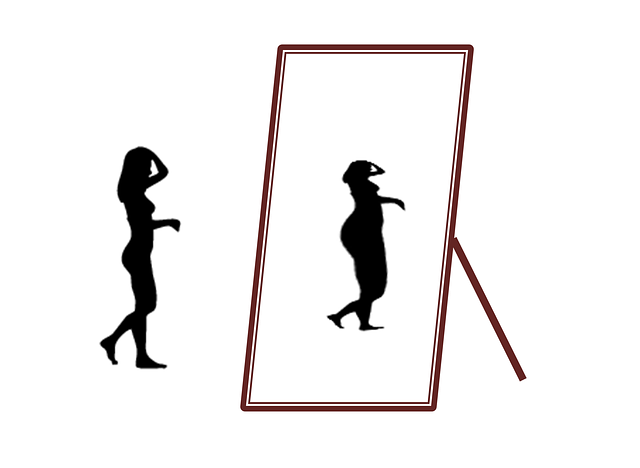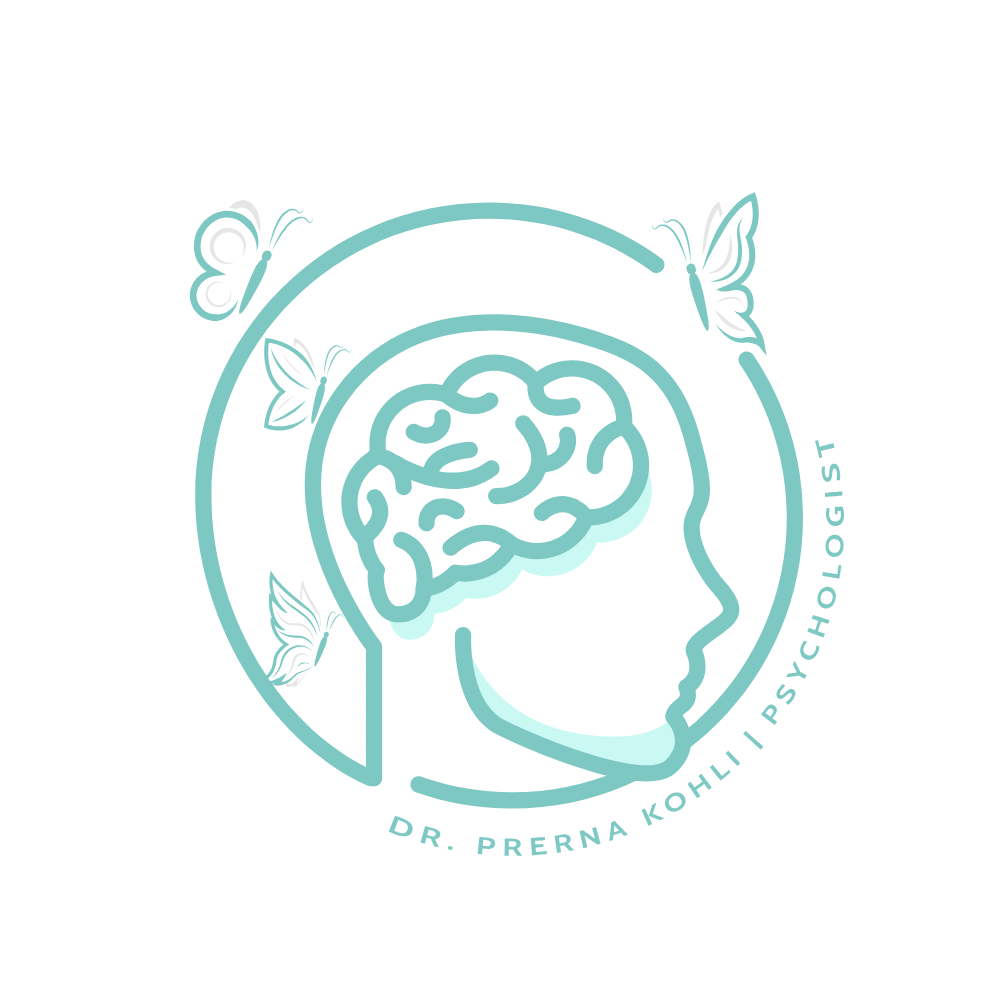What is an eating disorder?
Unlike the popular notion, eating disorders are not a form of extreme dieting or a lifestyle choice. Instead, they are a serious mental disorder which often has fatalistic consequences (mental disorder with highest mortality rate). An eating disorder is characterized by unhealthy and abnormal eating practices that as a result have an adverse impact on one’s mental and physical health. Over 70 million people worldwide suffer from some form of eating disorder during their lifetime. With its onset usually during adolescence, the disorder is found to be more prevalent among women than men.
Types of eating disorders
There are three types of eating disorders:
- Anorexia nervosa – this disorder is characterized by extreme restriction of one’s food intake, often to the extent of starving oneself. Symptoms include:
- Extremely restricted eating
- Emaciation due to an unwillingness to maintain a normal body weight
- Distorted body image
- Intense fear of weight gain

Dr Prerna Kohli India’s Top Psychologist Talks about Types of Eating Disorders
2. Bulimia nervosa – people suffering from this order engage in regular episodes of binge eating, which they follow up with compensatory behaviors. Binge eating involves consuming large quantities of food in a short span due to a loss of self-control. Compensatory behaviors include actions taken to control one’s weight after binge eating, such as self-induced vomiting, use of laxatives or diuretics, fasting, excessive exercising, and use of other drugs. Symptoms include:
- Recurrent episodes of binge eating and consequently engaging compensatory behaviors
- Distorted body image and preoccupation with eating and body weight

Dr Prerna Kohli India’s Top Psychologist Talks about Types of Eating Disorders
3. Binge eating disorder – people suffering from this disorder engage in recurrent episodes of binge eating. However, unlike bulimia nervosa, people suffering from this disorder do not engage in compensatory behaviors. Thus, people with this disorder are often found to be obese. Symptoms include:
- Eating large amounts of food in a short span of time
- Consuming food in spite of feeling full
- Eating even when you are not feeling hungry
- Eating secretly in order to avoid the embarrassment of people noticing how much one is eating
- Feeling depressed, guilty, and disgusted with oneself after eating
Causes
Eating disorders can be a result of temperamental, genetic, physiological, and environmental factors. Risk factors thus include:
- Individuals suffering from depression, anxiety disorders or obsessional traits
- Individuals with low self-esteem
- Body image dissatisfaction
- Cultures, or professions that value thinness
- A first-degree biological relative suffering from the disorder
- Childhood sexual or physical abuse
- Internalization of an ideal appearance
- Childhood obesity
- Early pubertal maturation
Treatment
Based on an individual’s need, treatment plans can be tailored using any one or a combination of the following methods:

- Psychotherapy
- Medication
- Nutritional counseling and monitoring

